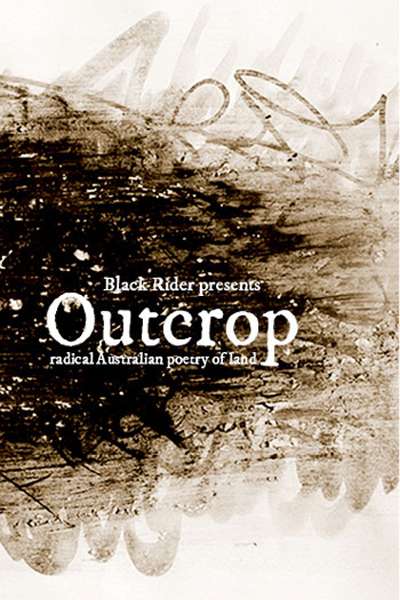Australian Poetry
Outcrop: Radical Australian Poetry of Land edited by Corey Wakeling and Jeremy Balius
by Jennifer Harrison •
'Yellow', a new poem by Felicity Plunkett. ... (read more)
In their crucibles they attempt a new kind of tea
every day, usually through a combination of
Methods, such as the fox method, the hydrangea
method and the sunlight method this is a colour-
It Comes From All Directions by Rae Desmond Jones
by Martin Duwell •
The Watchmaker's Imprint: Selected Poems by Ian Templeman
by Dennis Haskell •
More and more I live with your paintings
or more precisely the moment
you first saw them and chose them:
the red bird sitting in







